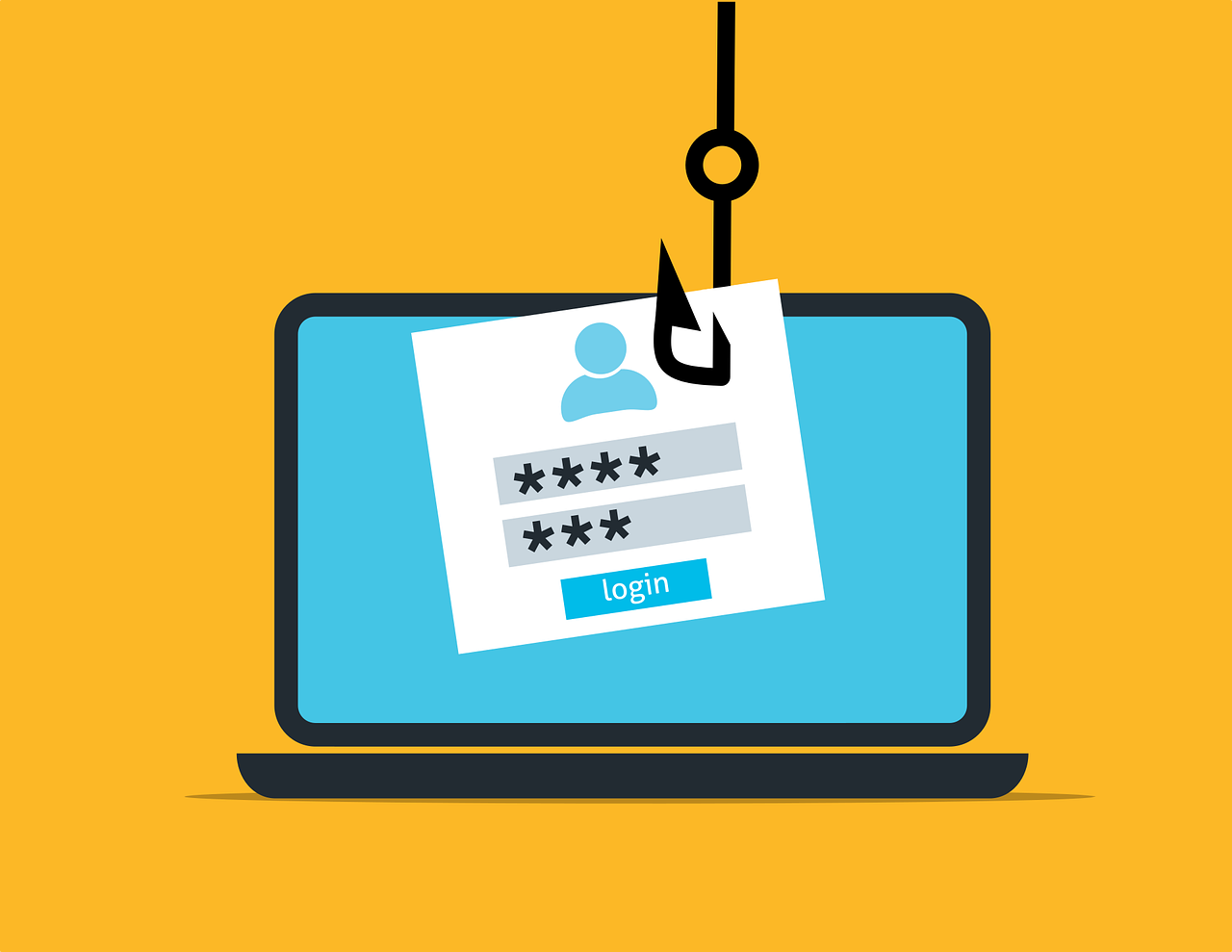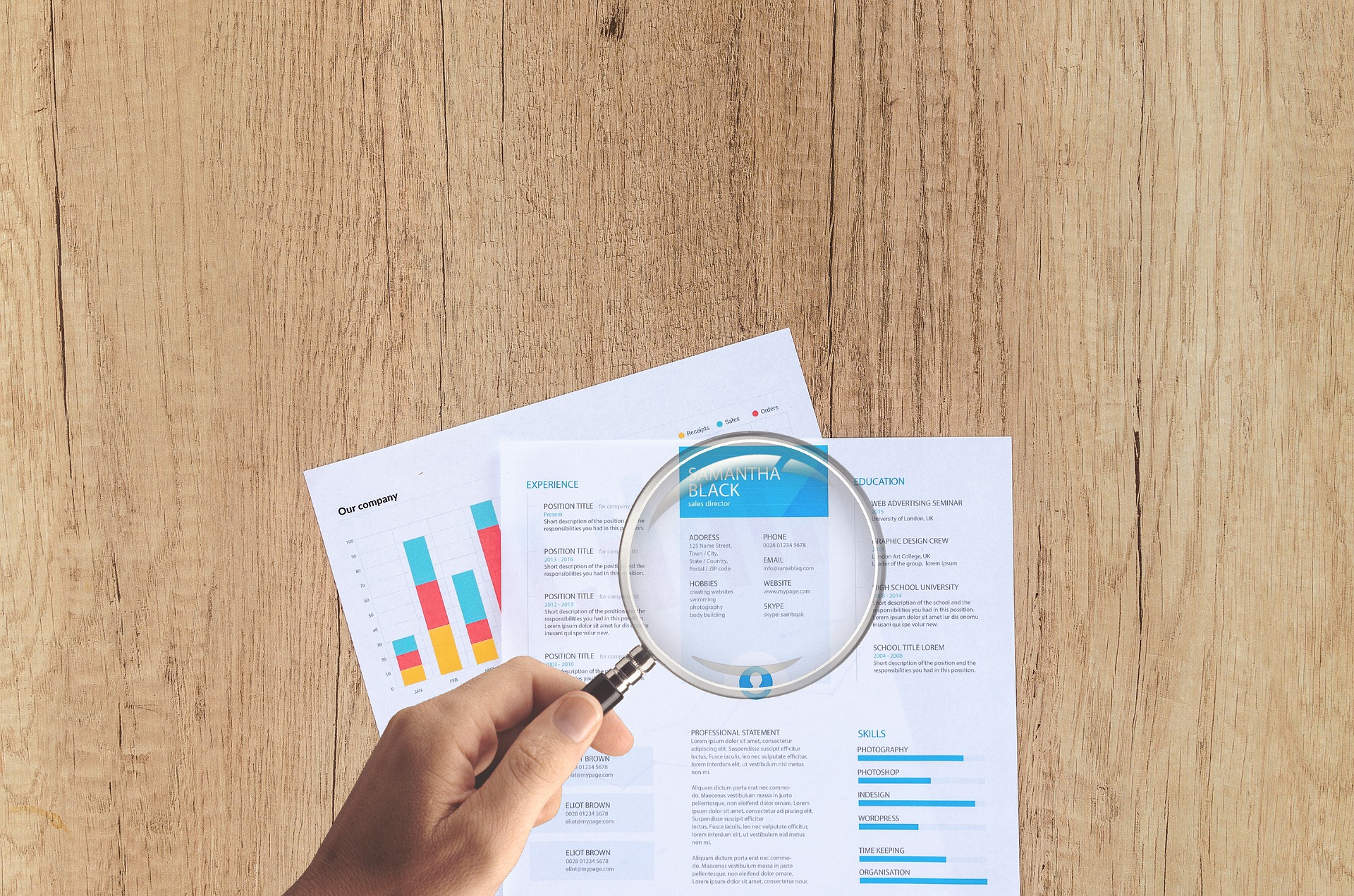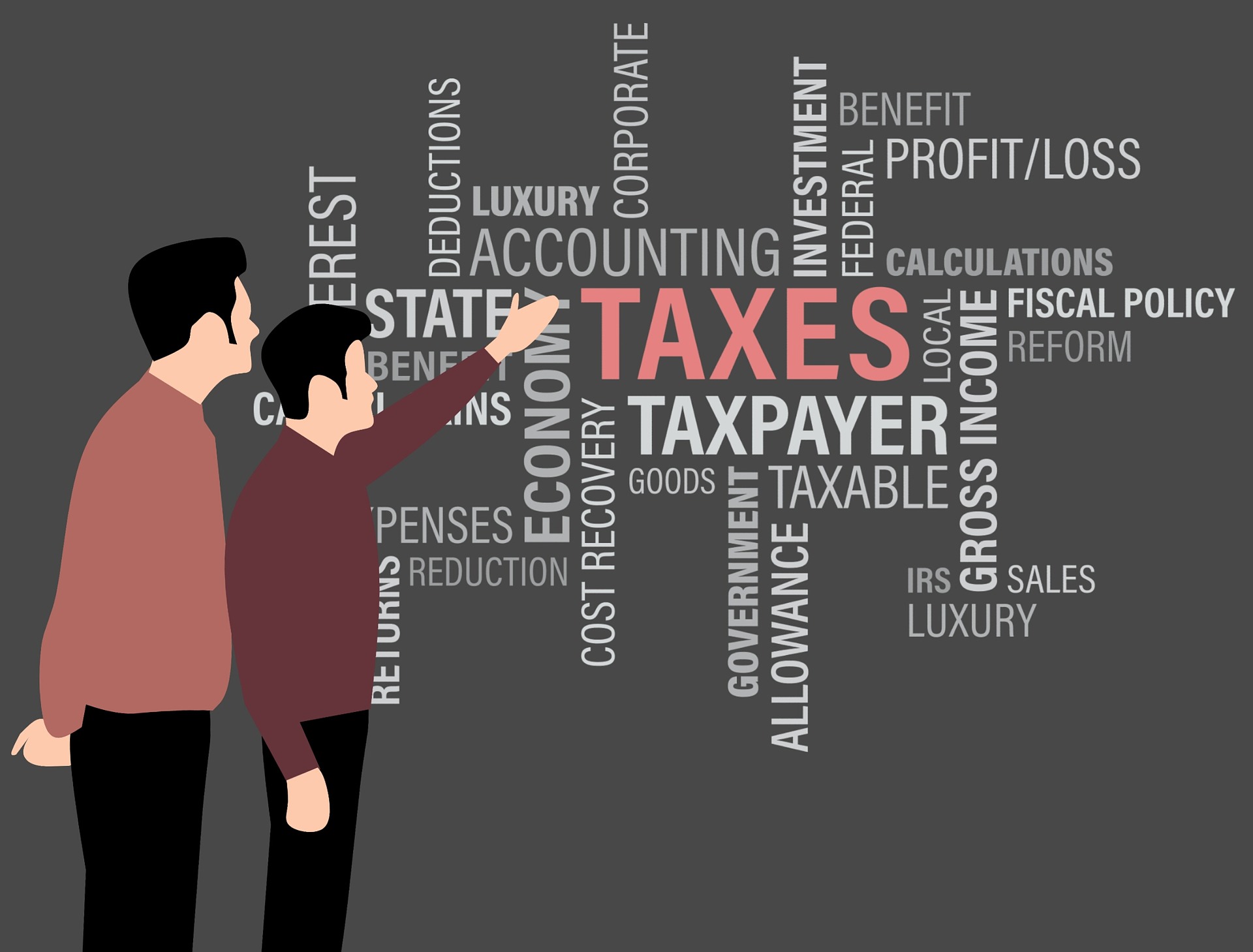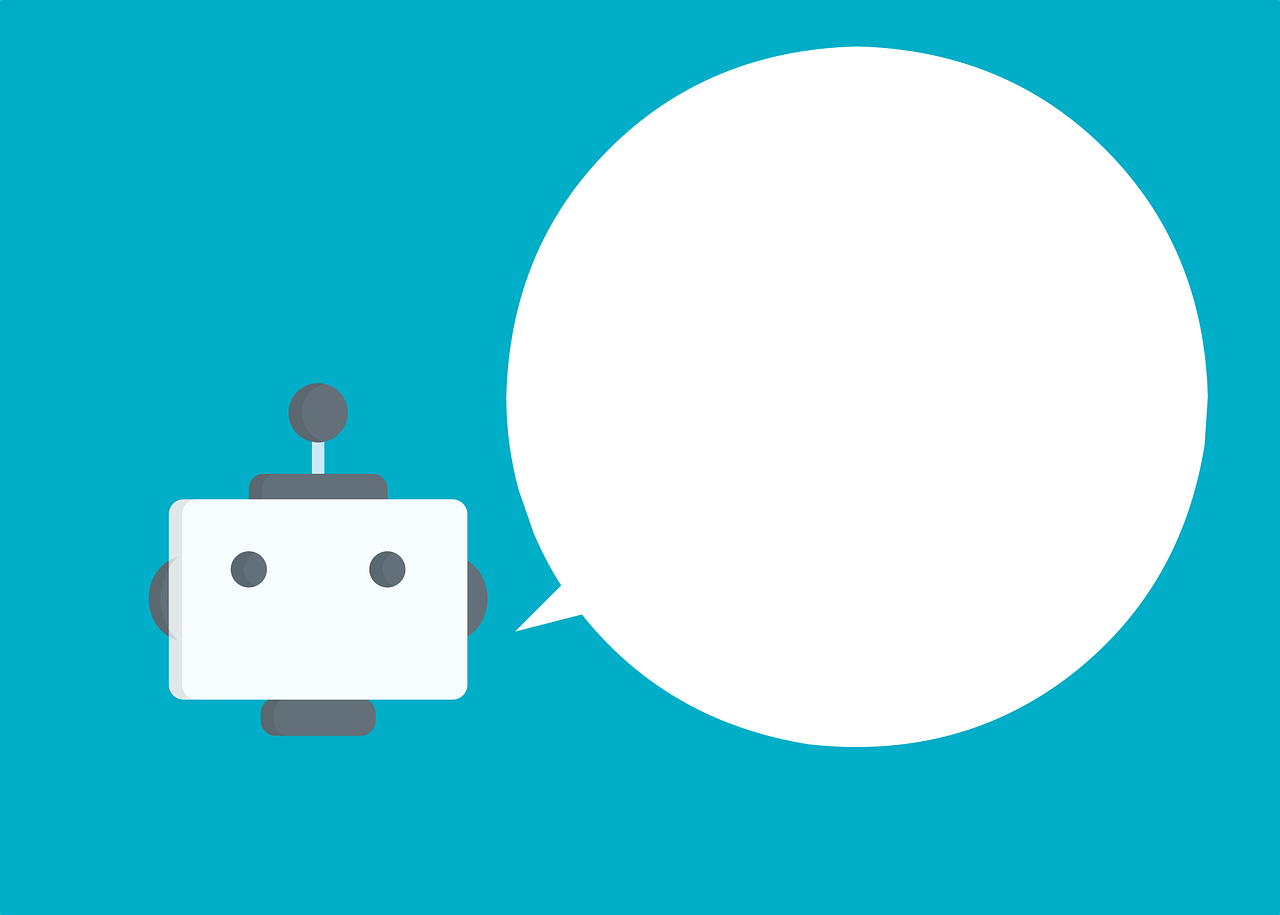More than 30 per cent of Canadians have been victimized by fraud and the cost of this is steep. In addition to more than $96 million in lost money, victims can lose their savings, future and often their mental health. Realizing you have been tricked into giving up thousands of dollars, leaving nothing for savings (or in some cases, even survival) is devastating. Scam calls and emails are always a threat but tend to be more prevalent during tax season and the holidays. Let’s take a closer look.
Holiday season
‘Tis the season where Canadians are feeling extra generous, and fraudsters know this. Beware of calls and door-knocking enthusiasts asking for money for charities. The majority of registered charities and non-profit associations have websites with donation links. It is perfectly okay to hang up the phone, not answer the door and/or do some research on the “charity” before donating. Warning signs of a holiday scam include being pressured by a phone or door-knocker, having your sense of justice or pity preyed upon (phrases such as “we know you care about children,” or “don’t you want to help the homeless?” are used) and being asked to donate to a charity you have never heard of before.

Tax time
Scammers pretending to be from CRA are on an all time high with many Canadians getting call after call during the day. Even when you see right through the scam, caller ID spoofing (a scam call appearing to come from a legitimate number) make them hard to weed out. First, remember that CRA will typically only call you to follow up on written communication so check My Account or My Business Account in case you missed or misplaced a letter. A copy will be on your portal. Second, a CRA agent will never ask you for your SIN number, your passport, your credit cards, driver’s licence, etc. They also won’t harass you and threaten jail time if you don’t answer their questions. No CRA agent will ever ask you to avoid penalties by sending bitcoin or gift cards. If ever in doubt, ask for the agent’s full name and location, hang up, then call CRA yourself and ask if the caller is employed there, and if there is a reason CRA is trying to reach you. Look into screening options from your local phone carrier, such as TELUS Call Control.
Investment schemes
These can be harder to identify because they often come from people you trust – people that themselves have fallen victim to fraud but may not know it yet. For example, someone in your family may be invited to a meeting or event where they learn about an “exciting opportunity,” or a “product that sells itself,” or a “hot real estate opportunity.” The family member is asked to bring their family and friends on board or to ask them for money and support. If you are the person attending the meeting, beware. If you are a friend or family member asked to support someone, be extremely cautions.
Protect yourself
When in doubt, don’t move forward. Take the time you need to check out investment, charity and tax calls. You are never obligated to give out personal information, and certainly never obligated to give your cash, time or support to any cause that gives you concern. Remember, if CRA is trying to contact you, they will follow a strict protocol. If you have fallen victim to a scam, contact CRA and warn them that your information/SIN may be compromised. Contact the authorities in your area, and report the incident to the Canadian Anti-Fraud Centre.










